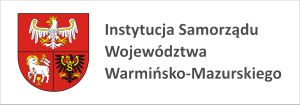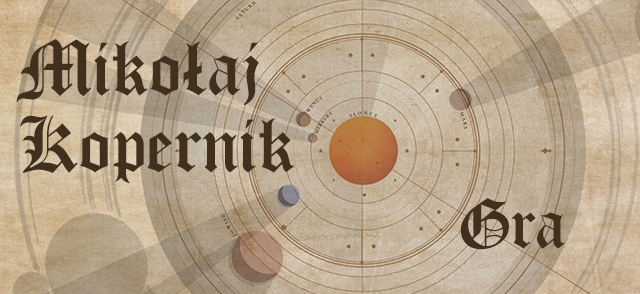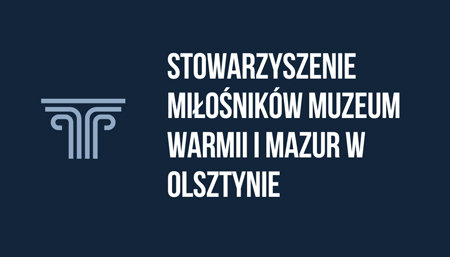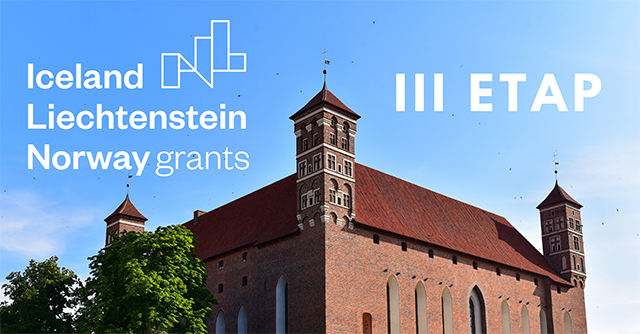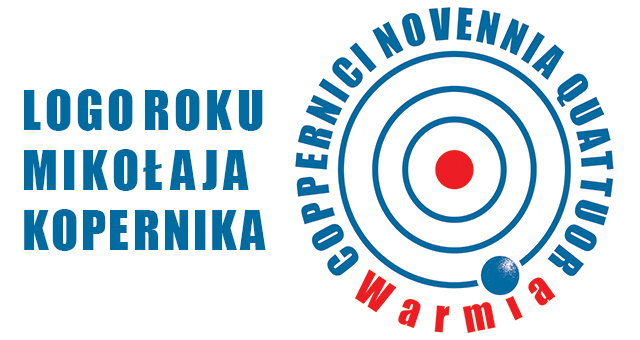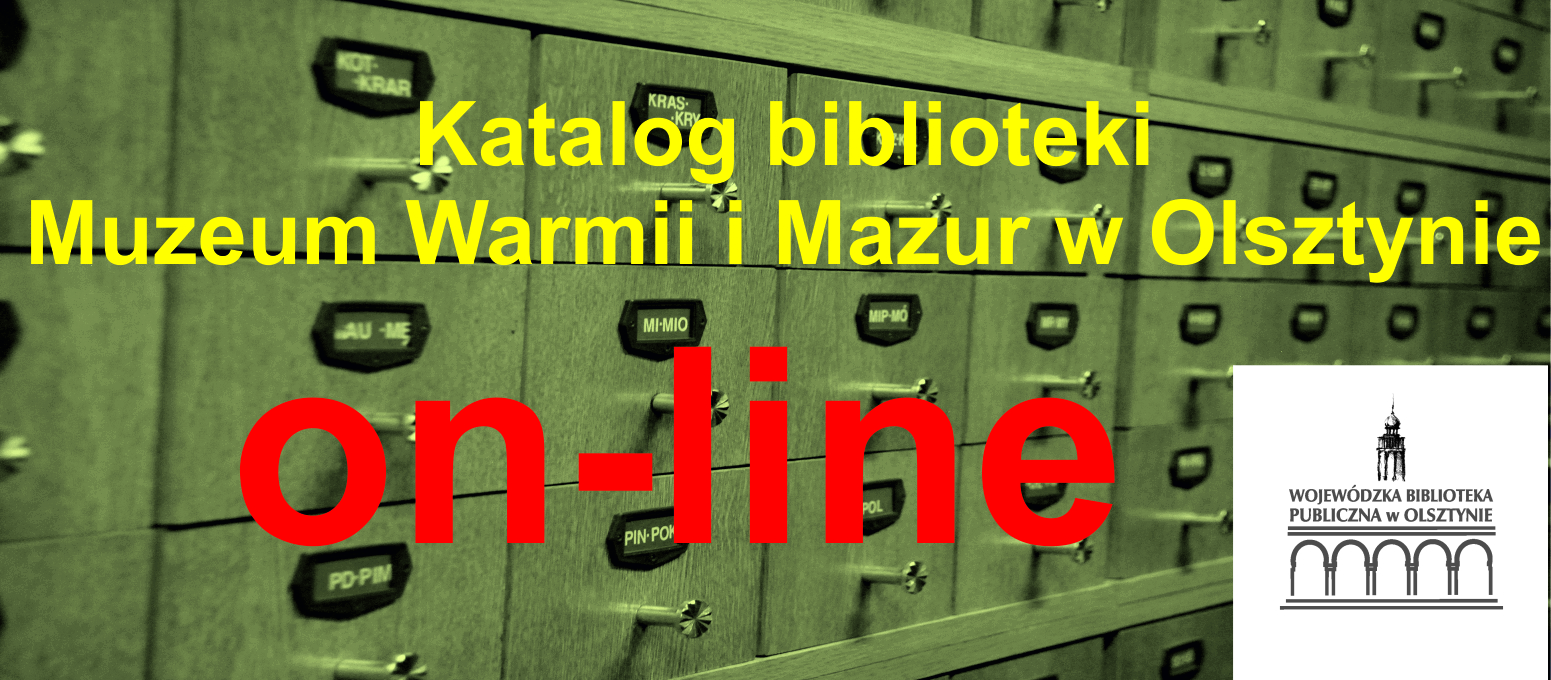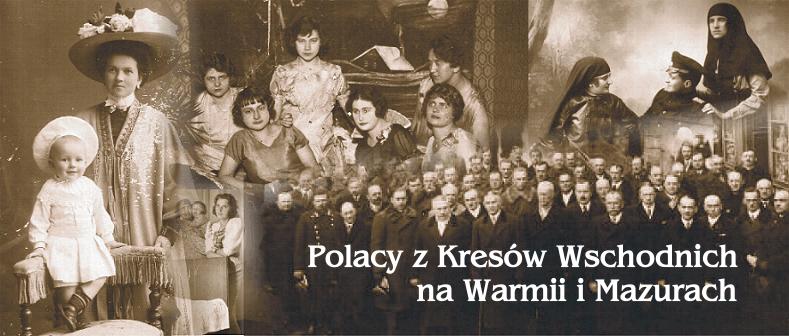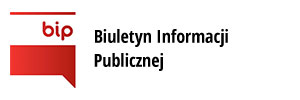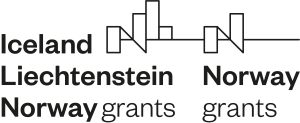English wersion
Oskar Gottlieb Blarr, professor, Ph.D, composer, organ virtuoso and church musician. Born in 1934 in Sędławki near Bartoszyce town in former East Prussia, he lives and works in Düsseldorf.
He completed his studies in church music and drums in Hannover with a state examination in 1960. Later, he was taught to conduct by Dean Dixon and Herbert von Karajan in Salzburg. In 1964 he took up studies in composition in Köln; in the years 1967–69 he studied in Krzysztof Penderecki’s class in Essen, and in the years 1972–76 in Milko Kelemen’s and Günther Becker’s class in Düsseldorf. In 1984 he took up an assistant professorship in Robert Schumann University of Music in Düsseldorf, where he earned his professorship. He organised new music festivals and concerts, and spread Feliks Nowowiejski’s music in Germany. In 1961 he took up the post of organist and church musician in Neanderkirche Evangelical Church in Düsseldorf. He initiated a cycle of new music concerts in Düsseldorf, to later lead them on for 40 more years (1971–2011). He also created, organised and moderated The Summer Organ Concerts. In 1973 he paid his first visit to Poland, for the Warsaw Contemporary Music Festival Warszawska Jesień. He combined scholarly and didactic work, his scholarships in Jerusalem and Rome, and study tours to Bali, Armenia, Syria, Lebanon and Egypt. He was also a member of the Founding Committee for – and co-author of the project to build – the Europaorgel Felix Mendelssohn, the biggest organ in Düsseldorf Evangelical Church of Resurrection, and designed the layout of its 65 stops.
Since 1985 he has supported the preservation of old organ instruments in Poland and German Lusatia. His initiative The Summer Organ Concerts, which take place in Düsseldorf, has financially supported the renovation of organs in Poland, in churches such as: St. Elizabeth’s Church in Wrocław, St. Peter and Paul’s Church in Węgorzewo, St. Mary’s Church in Gdańsk, and St. Anne’s Church in Barczewo, as well as Evalgelical churches in Warsaw, Olsztyn, Jawor, Pasym and Sorkwity. In 2016 he was made Doctor Honoris Causa by the University of Warmia and Mazury for his 50-year contribution to reconciliation between Poland and Germany in music and culture.
Anatol’s dear and devoted friend, and collector of his works, in 2017 he donated 137 pieces by Anatol to the Museum of Warmia and Mazury.
Dofinansowano ze środków Fundacji Współpracy Polsko-Niemieckiej.
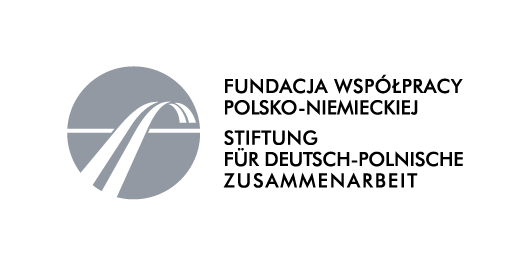
He completed his studies in church music and drums in Hannover with a state examination in 1960. Later, he was taught to conduct by Dean Dixon and Herbert von Karajan in Salzburg. In 1964 he took up studies in composition in Köln; in the years 1967–69 he studied in Krzysztof Penderecki’s class in Essen, and in the years 1972–76 in Milko Kelemen’s and Günther Becker’s class in Düsseldorf. In 1984 he took up an assistant professorship in Robert Schumann University of Music in Düsseldorf, where he earned his professorship. He organised new music festivals and concerts, and spread Feliks Nowowiejski’s music in Germany. In 1961 he took up the post of organist and church musician in Neanderkirche Evangelical Church in Düsseldorf. He initiated a cycle of new music concerts in Düsseldorf, to later lead them on for 40 more years (1971–2011). He also created, organised and moderated The Summer Organ Concerts. In 1973 he paid his first visit to Poland, for the Warsaw Contemporary Music Festival Warszawska Jesień. He combined scholarly and didactic work, his scholarships in Jerusalem and Rome, and study tours to Bali, Armenia, Syria, Lebanon and Egypt. He was also a member of the Founding Committee for – and co-author of the project to build – the Europaorgel Felix Mendelssohn, the biggest organ in Düsseldorf Evangelical Church of Resurrection, and designed the layout of its 65 stops.
Since 1985 he has supported the preservation of old organ instruments in Poland and German Lusatia. His initiative The Summer Organ Concerts, which take place in Düsseldorf, has financially supported the renovation of organs in Poland, in churches such as: St. Elizabeth’s Church in Wrocław, St. Peter and Paul’s Church in Węgorzewo, St. Mary’s Church in Gdańsk, and St. Anne’s Church in Barczewo, as well as Evalgelical churches in Warsaw, Olsztyn, Jawor, Pasym and Sorkwity. In 2016 he was made Doctor Honoris Causa by the University of Warmia and Mazury for his 50-year contribution to reconciliation between Poland and Germany in music and culture.
Anatol’s dear and devoted friend, and collector of his works, in 2017 he donated 137 pieces by Anatol to the Museum of Warmia and Mazury.
Dofinansowano ze środków Fundacji Współpracy Polsko-Niemieckiej.




